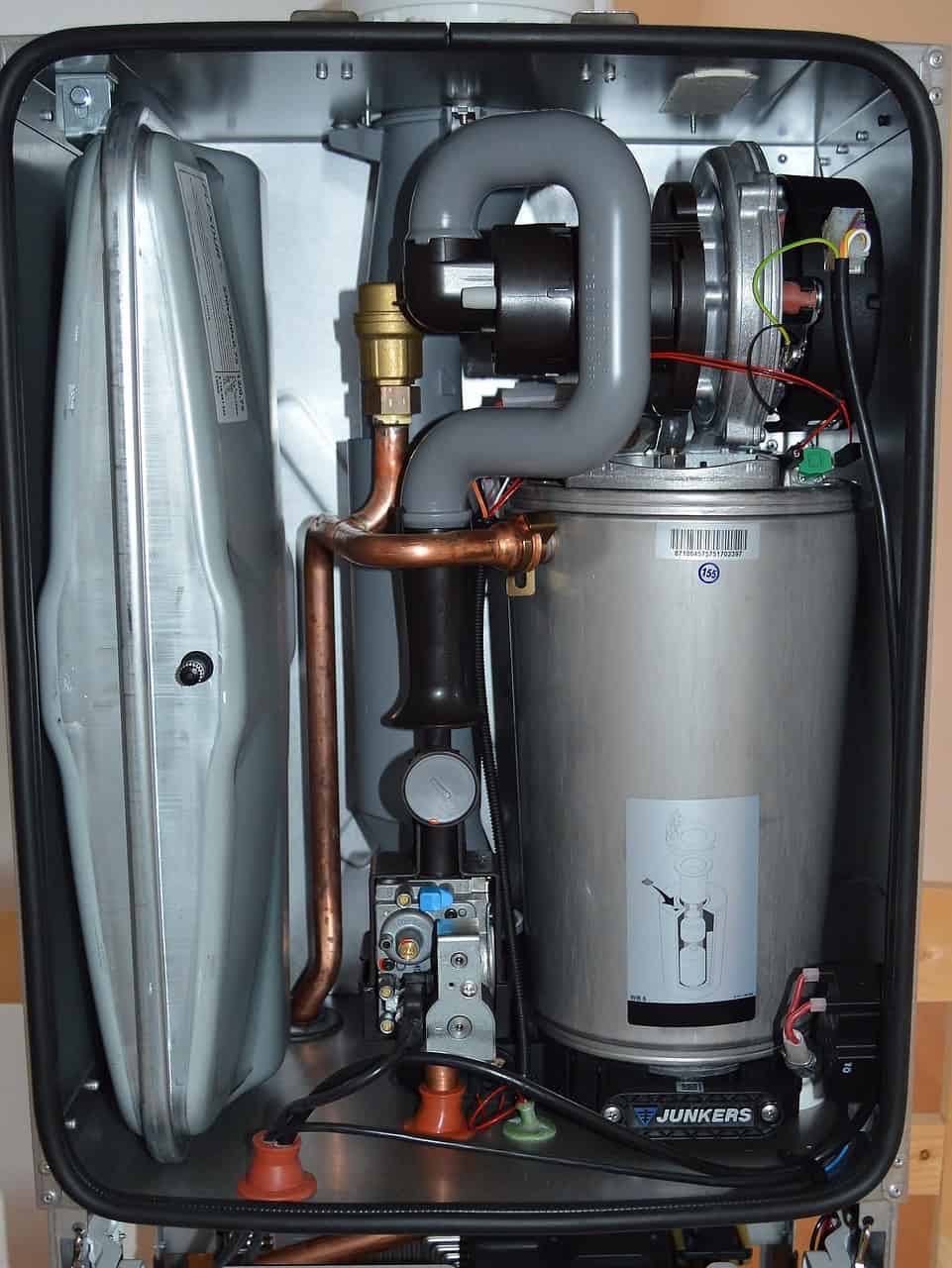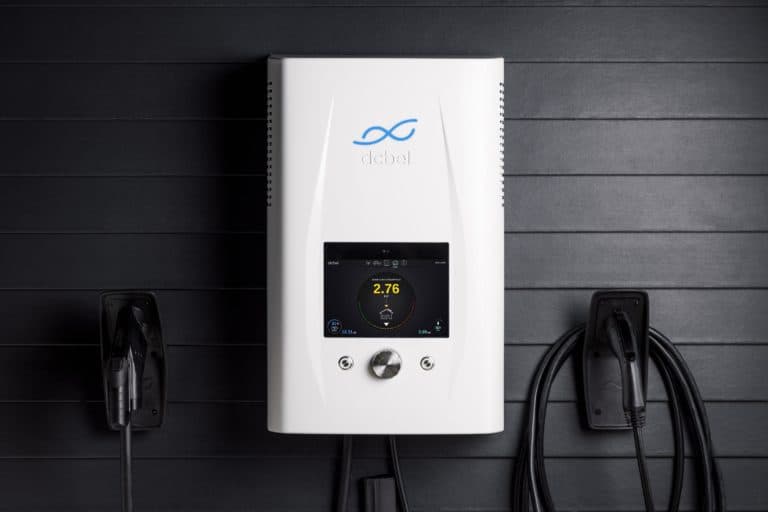Biomass boilers: An eco-friendly solution to heating needs
There is a growing need to reduce our individual, and collective, carbon footprint in order to preserve our planet.
Biomass boiler systems can be an eco-friendly yet powerful solution for all your heating needs. Thankfully, there are many options you can choose from – no matter what climate you live in!
Here, we will discuss why biomass boilers are great in reducing emissions while providing long-term savings on energy bills.
Outline
- What is biomass?
- What is a biomass boiler?
- How does a biomass boiler work?
- Types of biomass boilers
- Choosing the right type of fuel
- Potential cost savings
- Factors to consider when shopping
- Maintenance requirements for efficiency
- Biomass vs. traditional boilers
What is biomass?
Biomass is any organic material such as wood, crops or animal waste that can be used to generate energy. It is a renewable source of energy and doesn’t contribute to global warming in the way other fossil fuels do.
There are several common forms of biomass for heating which will be disccussed later. But know that these can be burned in specially designed boilers to provide heating and hot water.
What is a biomass boiler?
A biomass boiler is a device that uses renewable energy sources to generate heat and hot water for an enclosure. This can be used in homes and businesses.
It works in the same way as other boilers, using fuel such as natural gas or oil. However, instead of these fossil fuel sources, it runs on non-renewable sources that are mostly organic.
How does a biomass boiler work?
Biomass boilers are designed to burn biomass fuels. They heat water which is then circulated around a building for heating and hot water purposes.
The fuel is fed into the boiler where it is burned, releasing heat which is transferred to the water in the system.
This heated water is then pumped around radiators or underfloor heating systems to provide space heating in the winter months.
Sounds familiar?
Types of biomass boilers
The types of biomass boilers available especially in cold climates like the UK may vary. The type of biomass boiler would depend on temperature and pressure requirements.
Boilers are typically categorised by their maximum output level. There is the low output (i.e., less than 45kW), medium output (45-100kW) and high output (above 100kW) units.
The type of fuel used will also impact the type of boiler required. This is because some fuels may require higher temperatures or pressures to burn efficiently.
For example, wood chip boilers usually require a minimum working pressure of 3 bar and a minimum temperature of 80°C. On the other hand, pellet biomass boilers can operate at lower pressures and temperatures between 20°C – 25°C.
There are several other technologies that fall into the biomass boiler category and this this will be discussed next.
Choosing the right type of fuel
Choosing the right fuel for your biomass boiler can be tricky. This can be solely because there different types of fuels available to meet given heat and energy requirements.
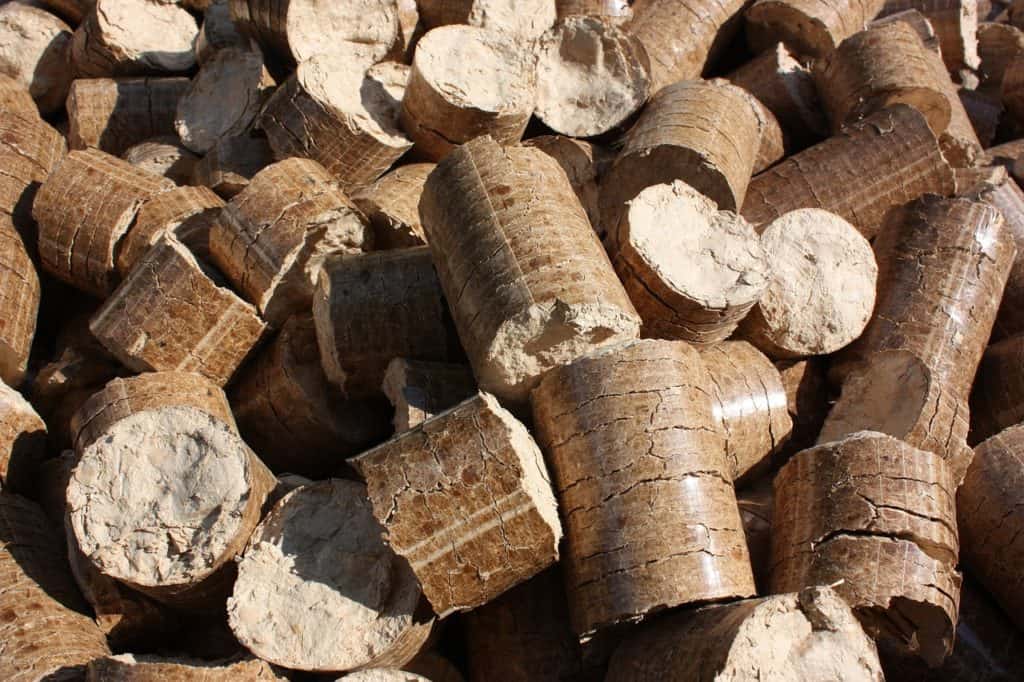
Wood pellets, logs and wood chips are three renewable energy sources that are increasingly popular. This is due to them being very sustainable and cost-effective.
Wood pellets tend to release low carbon dioxide and require little maintenance. Logs on the other hand would offer warm and rustic charm with minimal packaging.
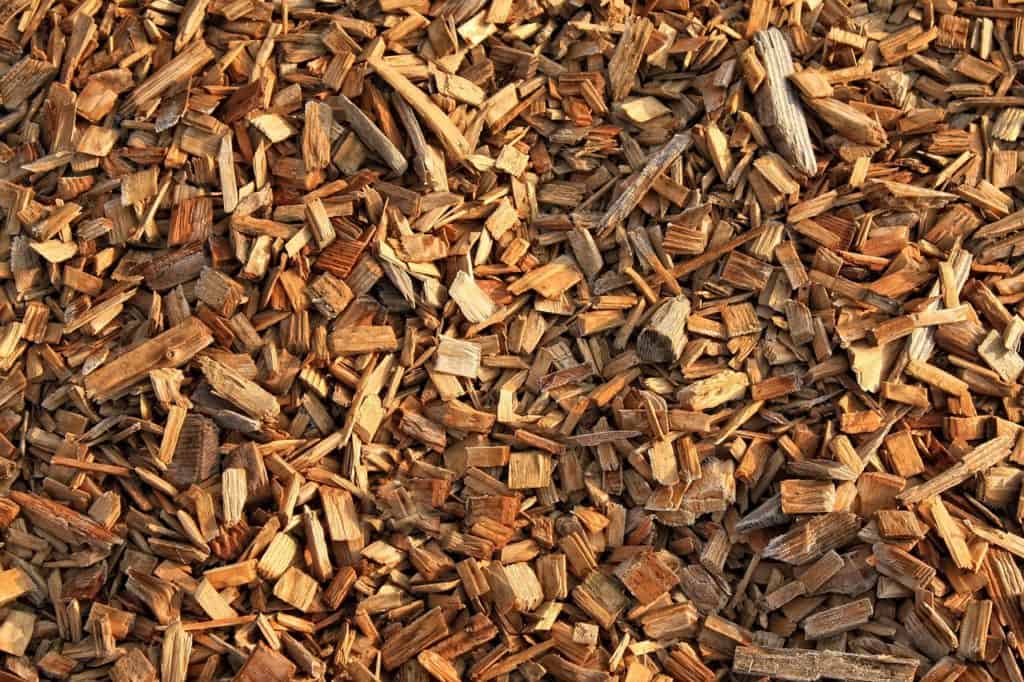
Lastly, wood chips do provide excellent support for wide range needs thanks to their usable size and utility.
Ultimately, selecting the best option would depend on your home or business’s heating needs.
Potential cost savings
When considering the cost of installing a biomass boiler, there are several factors to take into account.
The type of fuel used can have an impact on the price. For example, wood pellets may be more expensive than logs.
However, pellets tend to be easier to store and require less attention, making them a more economical long-term option.
The size and location of the boiler should also be considered. This is because larger boilers generally cost more but often result in savings in heating bills.
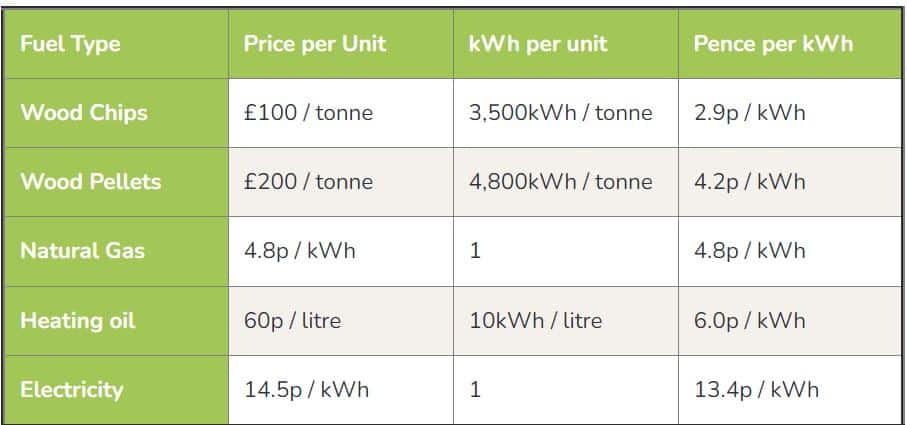
Also, you may need to factor in potential government incentives when working out the cost of installing a biomass boiler. But this all depends on your locality, specific setup and requirements.
Generally, biomass boilers can provide up to 80% savings on fuel compared to traditional fossil fuels such as oil.
Furthermore, some businesses may even be able to use by-products produced onsite as fuel for their biomass boiler. This then eliminates the need for disposal costs associated with waste removal from site.
For those looking for an economical and eco-friendly solution to their heating needs, biomass boilers provide a viable option.
With no need for costly delivery or storage of fuel and minimal maintenance requirements, there has never been a better time to make the switch!
Factors to consider when shopping
When looking for the perfect biomass boiler, there are several factors to consider.
Not all boilers are created equal. More so, the amount of energy efficiency or sustainability you achieve would depend on your choice.
For example, the type of fuel a biomass boiler uses can vary between wood chips, logs and pellets as already discussed.
However, each can provide its own set of benefits as well as drawbacks. Also, you’ll want to take into account emissions produced by your chosen model. Note that the lower emissions, the better.
Lastly, most boilers may come in various sizes. Therefore, it’s important to measure your space and ensure that whatever model you choose will fit into its designated area.
Depending on the amount of fuel you may want to use, you will require storage space for the fuel either at your home or business environment.
Also, it is important to bear in mind that the cost associated with the fuel may depend on the distance from the supplier to your home or business location.
By taking these factors into account before investing in a biomass boiler, you can make an informed decision that fits both your practical needs and eco-friendly goals.
Maintenance requirements for efficiency
Biomass boilers require specialised maintenance to ensure safe, efficient operation. Having a working knowledge of the proper maintenance requirements is essential.
This is because you will want to preserve the beneficial uses of biomass boilers and also protect against potential malfunction or damage caused by improper service.
Regular maintenance must include the cleaning and inspection of the heat exchangers. Ensure to check all control systems for proper operation, and flue gas analysis.
It’s also important to check all combustion parameters to set up a proper air-to-fuel ratio and fuel feed rate. Rigorous upkeep of refueling systems for biomass boilers is also very essential.
Taking care of your boiler not only reduces costly and time-consuming repairs down the line but also extends its life so you can benefit from its energy efficiency for many years.
Biomass vs. traditional boilers
Biomass boilers offer numerous advantages over traditional fossil fuel fueled boilers as alreday seen above.
As a recap, biomass boilers have a much lower carbon footprint. this is because they burn renewable resources to generate heat. On the other hand, traditional boilers rely on finite sources such as oil and gas that emit pollutants when combusted.
Biomass boilers are often cheaper to install than traditional ones. This is because biomass boilers use simpler designs. This makes more desirable because you do not have need for ventilation systems or complex ducting.
When compared with other renewable heating solutions such as solar panels or ground source pumps, biomass boiler installations often require a shorter payback period too.
Ultimately, biomass boiler technology offers an efficient and sustainable alternative to traditional heating solutions and can provide significant long-term financial savings while helping to reduce emissions at the same time.
Wrapping up
Biomass boilers are an eco-friendly way to heat homes and businesses. They require less maintenance than traditional gas or oil systems and can provide significant savings on fuel costs in the long run.
In addition to being a renewable source of energy, biomass boilers have low emissions compared to fossil fuels and so contribute less to air pollution.
If you’re considering switching over to a biomass boiler for your heating needs, make sure to do your research and find a reputable installer who can advise you on the best option for your home or business.
With all these benefits, it’s not hard to see why more people are turning towards this eco-friendly solution!
